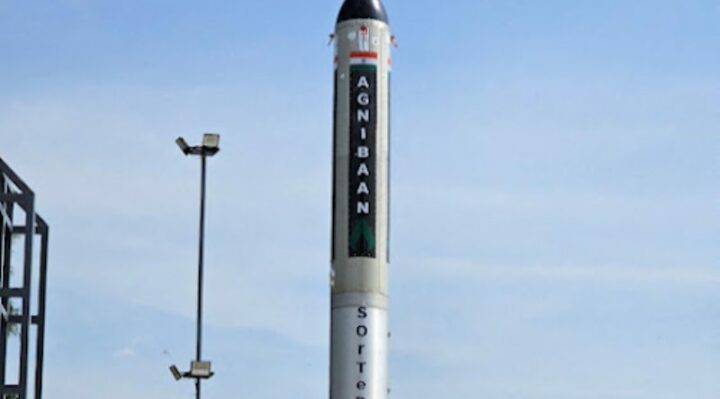
China’s Deep Blue Aerospace announced on Sunday that Nebula-1, the nation’s first-ever reusable rocket powered by kerosene, crashed during the last stage of a high-altitude vertical recovery test flight in Inner Mongolia, the country’s northern territory.
The three rockets on the private rocket startup’s spacecraft ignited as normal, sending the Nebula-1 high into the sky, and the vessel successfully accomplished ten of the eleven tasks assigned to it, the business stated in a statement. The rocket then started to descend as intended when two of its engines deactivated.
Nevertheless, the rocket’s landing system malfunctioned while the Nebula-1 was returning to its launch pad, causing it to fall too forcefully. This resulted to the rocket’s top section breaking off as it fell to its side and sustaining exterior fire damage, as seen in test photos.
Alternative fuels including kerosene, methane, and liquid oxygen, according to investors and rocket developers, might help reduce costs and make rocket launches greener and more effective.
In an effort to get ready for the growing demand in China’s developing commercial space industry, a number of Chinese private rocket startups have tested a variety of spacecraft over the past year. This is in the midst of growing competition to form a constellation of satellites as an alternative to Elon Musk’s starlink.



